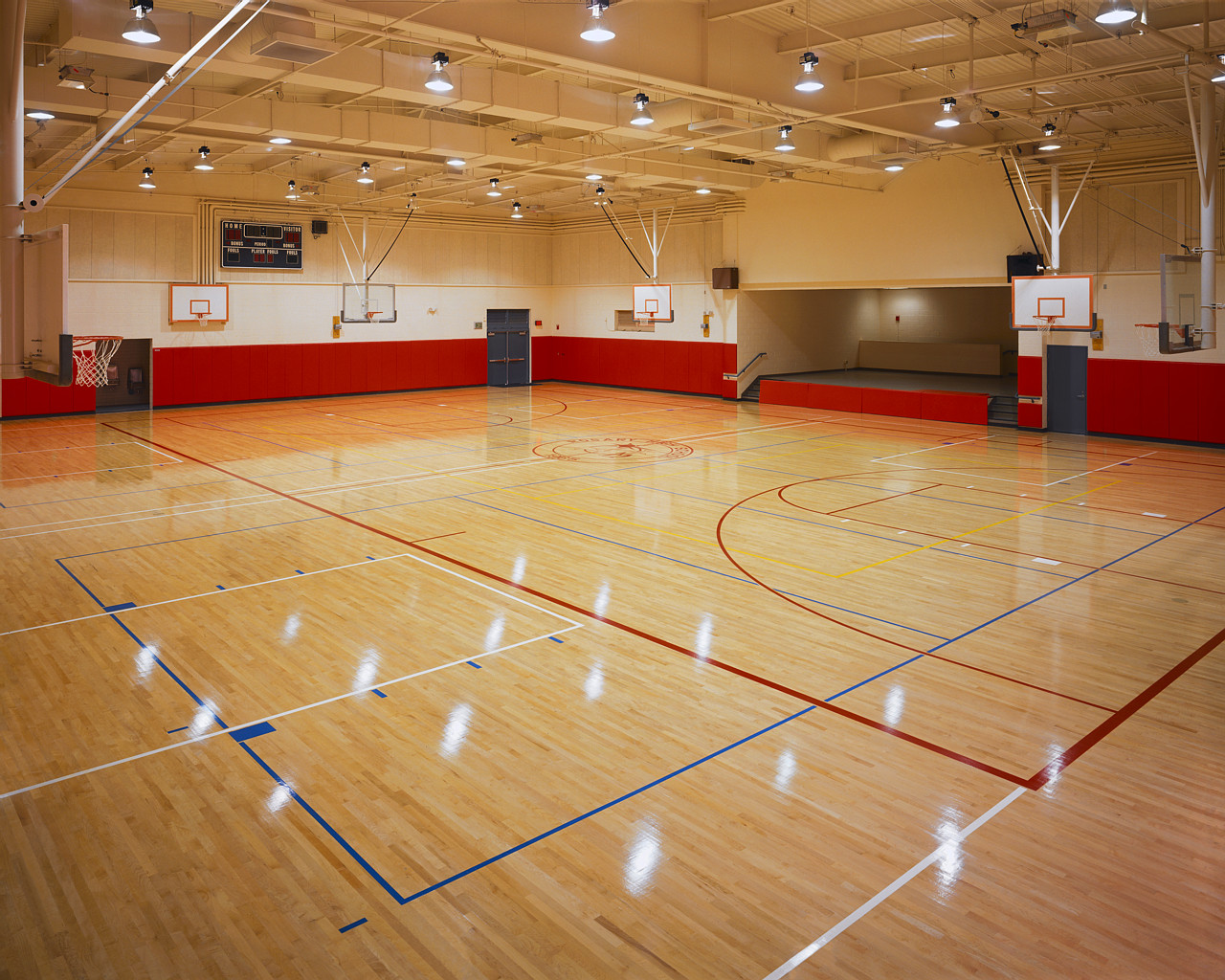I began my coaching career at 13 years old when my middle school gym teacher, Dave Harris, picked me to help lead a community basketball program for kindergarten kids. To say the rest is history is super corny but highly accurate. I quickly became the typical overzealous young coach looking to change the world before I could legally drive. I sought out wisdom and mentorship everywhere I went. Luckily, both my parents were high level coaches. My dad coached hockey and my mom coached synchronized swimming. Thus my quest for knowledge began with them. “What do I need to know to become a great coach?” I asked. I found their answer overly simplistic: Continue reading “Before All Else, Know Thyself”
If It Ain’t Broke, Make It Better
I told myself I wouldn’t use anyone with the last name ‘Ball’ as an example, but alas…have a look at the two links below as they set the stage for the remainder of the post.
(Bleacher Report: Lonzo Ball Could Be an All-Time Great, but Not Until He Fixes His Jump Shot
Fair Isn’t Equal
A situation for you to consider: An athlete comes to you one week into the pre-season and says they are ready to quit the team citing homesickness, the stresses of school and figuring out life in a different city. You are the coach. How do you react?
I forgot to mention: this athlete is crucial to the success of your team this season. Losing him would significantly hinder your chances to make playoffs. Does that change things? Should it?
From the coaches perspective, any number of emotions would fit such a situation including anger, resentment, and anxiety. But what about the athlete?
“I was feeling pretty anxious about everything outside of basketball…The issues that people have to go through as a student, especially as anyone [who] knows being away from home and just, financial issues, everything else [in] combination is hard to manage…I was feeling more unsettled” Continue reading “Fair Isn’t Equal”
Pre-Season Problem Solving
Our MacEwan Griffins Men’s Basketball coaching staff approached the 2017-2018 season with cautious optimism. Despite losing 6 players to graduation, including 60% of our overall team scoring, we were happy with our recruiting class and ready to start a new era in the program’s history.
After grinding through a tough September, players and coaches alike were ecstatic to depart on our first pre-season tournament at University of Waterloo. We were scheduled to play the home team first followed by University of Ottawa (a perennial powerhouse) and Wildred Laurier University to cap it all off. Off we went!
Suffice to say that the games didn’t quite go as planned…
We knew we were going to be in tough with a young team but we weren’t planning on getting our butts kicked 3 games in a row. After our final game on Saturday night, we met as a coaching staff to lick our wounds and identify what areas we needed to improve the most. Continue reading “Pre-Season Problem Solving”
Sawubona
As head coach of the MacEwan University Women’s Basketball team, Katherine Adams is mandated to engage with and give back to the Edmonton community. She does so by running Jr. Griffins, a youth developmental program for young female basketball players. When she mentioned that she needed a coach for her U15 team, I jumped at the opportunity.
From late March to Early June, our team trained regularly and competed against other junior programs run by the various USports universities in Alberta and Saskatchewan. Although we didn’t win many games, I felt we achieved our goals of individual and team improvement with flying colours. My satisfaction with our season was initially based on intuition, that is until I received a handwritten letter (not a text, not an e-mail, a real life handwritten letter) from one of our athletes (pseudonym: Chelsea) after our last game. With her permission, I have attached the letter:
Chelsea’s kind words were touching. It was evident that, in her eyes at least, we did something right over the course of our working together. As I reflected on the letter I began wondering what lessons we could pull from this experience to help us grow as coaches. I asked myself: what did we do right and how can we do it again? At the heart of Chelsea’s positive experience with our program was the aggregation of numerous interactions between her, our coaching staff, and her teammates. By evaluating particular interactions against the NCCP interacting competency outcomes, Riess’ work on The Science of Empathy and Kouzes and Posner’s The Leadership Challenge, I hope to formalize and share some of my learning. Continue reading “Sawubona”
